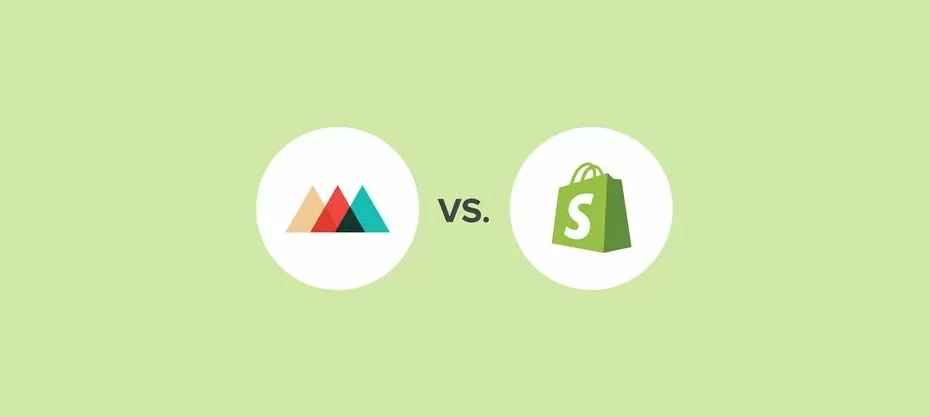When comparing Shopify and Printful for a t-shirt business, it’s essential to understand that these platforms serve different but complementary purposes. Shopify is an e-commerce platform for setting up and managing an online store, while Printful is a print-on-demand service that handles production and fulfillment. Many t-shirt businesses use both in tandem to leverage their unique advantages.
Shopify
Pros:
- Comprehensive E-commerce Solution: Shopify provides all the tools needed to create and manage an online store, including website design, payment processing, inventory management, and customer support.
- Ease of Use: Shopify is user-friendly, with a straightforward setup process and an intuitive interface, making it accessible for users with little to no technical expertise.
- Customization: Shopify offers a wide range of themes and plugins, allowing you to customize your store’s appearance and functionality to fit your brand.
- Scalability: Shopify can grow with your business, supporting everything from small startups to large enterprises with high sales volumes.
- Marketing Tools: Built-in SEO features, social media integrations, and marketing tools help drive traffic and increase sales.
Cons:
- Cost: Shopify plans can be expensive, especially when adding premium themes, apps, and transaction fees.
- Limited Customization: While Shopify is highly customizable, some advanced features may require coding knowledge or additional paid apps.
- Dependency on Apps: Many advanced functionalities require third-party apps, which can add to the overall cost.
Printful
Pros:
- Print-on-Demand: Printful handles printing, inventory, and shipping, reducing upfront costs and risk since you don’t need to invest in inventory.
- No Minimum Orders: You can sell one item at a time without worrying about bulk orders or leftover stock.
- Integration with Platforms: Printful integrates seamlessly with various e-commerce platforms, including Shopify, Etsy, WooCommerce, and more.
- Quality Control: Printful maintains high-quality standards for printing and materials, ensuring customer satisfaction.
- Global Fulfillment: With fulfillment centers worldwide, Printful can provide faster shipping to customers in different regions.
Cons:
- Profit Margins: The cost of print-on-demand services is higher than bulk ordering, which can result in lower profit margins.
- Limited Control Over Production: You have less control over the production process, which can affect turnaround times and product consistency.
- Integration Costs: While the basic integration is free, additional features or premium integrations may come at a cost.
Combining Shopify and Printful
Pros:
- Seamless Integration: Using both platforms together allows you to manage your online store through Shopify while Printful handles production and fulfillment.
- Efficient Order Management: Orders placed on Shopify are automatically sent to Printful for fulfillment, streamlining the process.
- Brand Customization: You can use Shopify’s customization features to create a unique online store that reflects your brand while leveraging Printful’s print-on-demand services.
- Flexibility: You can easily add new products or designs to your store without worrying about inventory management or upfront costs.
Cons:
- Overall Costs: While each platform has its costs, combining them can add up, especially with additional apps or premium features on Shopify.
- Complexity: Managing two platforms can be more complex and require more time and effort to ensure smooth operation and integration.
Conclusion
- For a Full E-commerce Solution: Shopify is an excellent choice, offering comprehensive tools to build and manage an online store.
- For Print-on-Demand Fulfillment: Printful is ideal for handling production and shipping, eliminating the need for inventory and upfront costs.
- For Best Results: Combining Shopify and Printful leverages the strengths of both platforms, providing a robust solution for starting and growing a t-shirt business with minimal risk and maximum flexibility.
